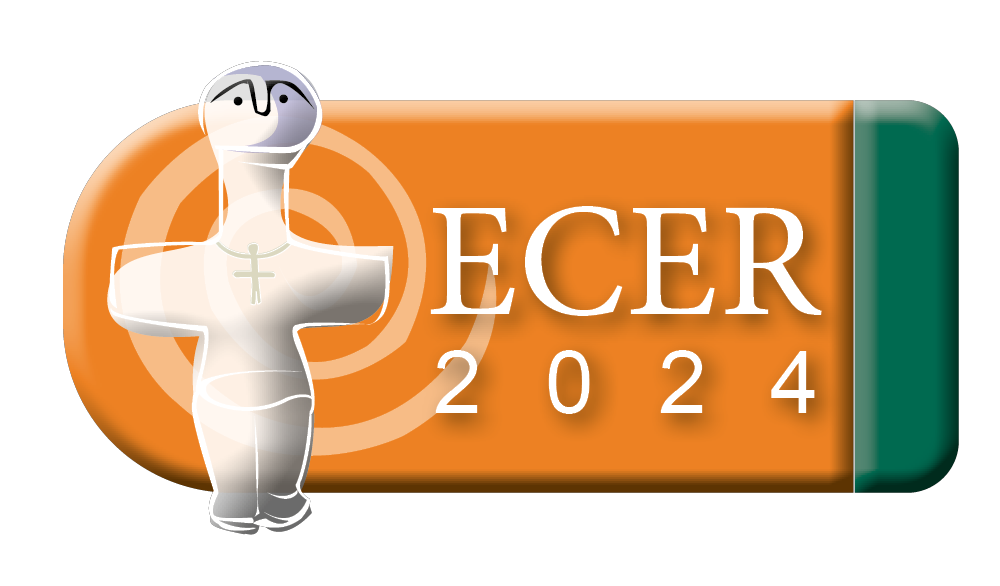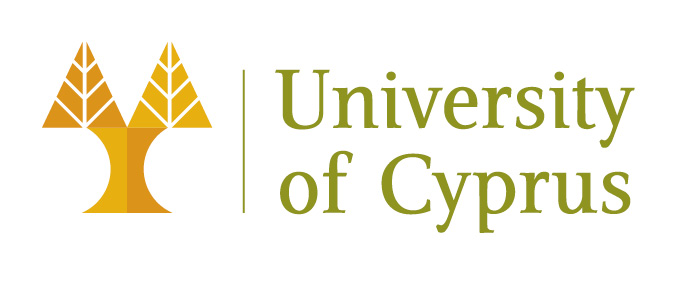- Speakers: Paolo Landri and Carlo Perrotta
- Chairperson: Sotiria Grek
- When: 00 SES 18 B / Friday, 30/Aug/2024: 16:15 - 17:15
- Location: Room B108 in Anastasios G. Leventis; Floor -1
Teaching has always been considered a crucial aspect of the quality of school and students’ academic achievements. As the grammar of schooling and its forms are increasing in complexity, substantial restructuring of the work of teachers is required. Teaching is a dynamic and partly unpredictable work, but its dynamism has accelerated. New educational reforms, the need to expand the work outside the classroom, and the heterogeneity of the demands on teachers translate into a new working landscape.
While teaching is usually described as human-to-human interaction, the success of generative artificial intelligence has provoked a new impulse to accelerate further changes to the profession. The release of ChatGPT in 2022 by Open AI has led to the prediction of a new disruption in education in which teaching and learning are destined to be profoundly reconfigured. ChaptGPT has shown a capacity to generate human text-like by drawing on Large Language Models, such that may mean the instigation of new scenarios for teaching, testing and education more widely. While for some AI is destined to change education profoundly, others raise concerns about the risks of an uncritical acceptance of this tendency.
By focusing on these current transformations, this Moot intends to provoke a debate among educational scholars on these new frontiers of change in teaching as a profession. After an introduction to the theme, the Moot will invite participants to address the following questions:
- Do we need to reconsider the teaching profession as a balance between data, technologies (including many forms of artificial intelligence), and the body in teaching?
- Is this new orchestration destined to fail? In other words, are we witnessing an inevitable standardisation and automation of teaching, and there is little to do except slow down or contrast it? Or are we merely being technophobes, resistant to technological advances that are inevitable and may disrupt education in positive ways?

Important Dates ECER 2024
01.12.2023 | Submission starts |
31.01.2024 | Submission ends |
01.04.2024 | Registration starts |
03.04.2024 | Review results announced |
15.05.2024 | Early bird ends |
26.06.2024 | Presentation times announced |
30.06.2024 | Registration Deadline for Presenters |
26.08.2024 | ERC First Day |
27.08.2024 | ECER First Day |
Hosting Organisation

Local Services Website
Our partners EasyConferences support EERA, the University of Cyprus and you as conference participant in all matters around:
- accommodation
- transport
- travel advice and visa information
- bookable social and side events.